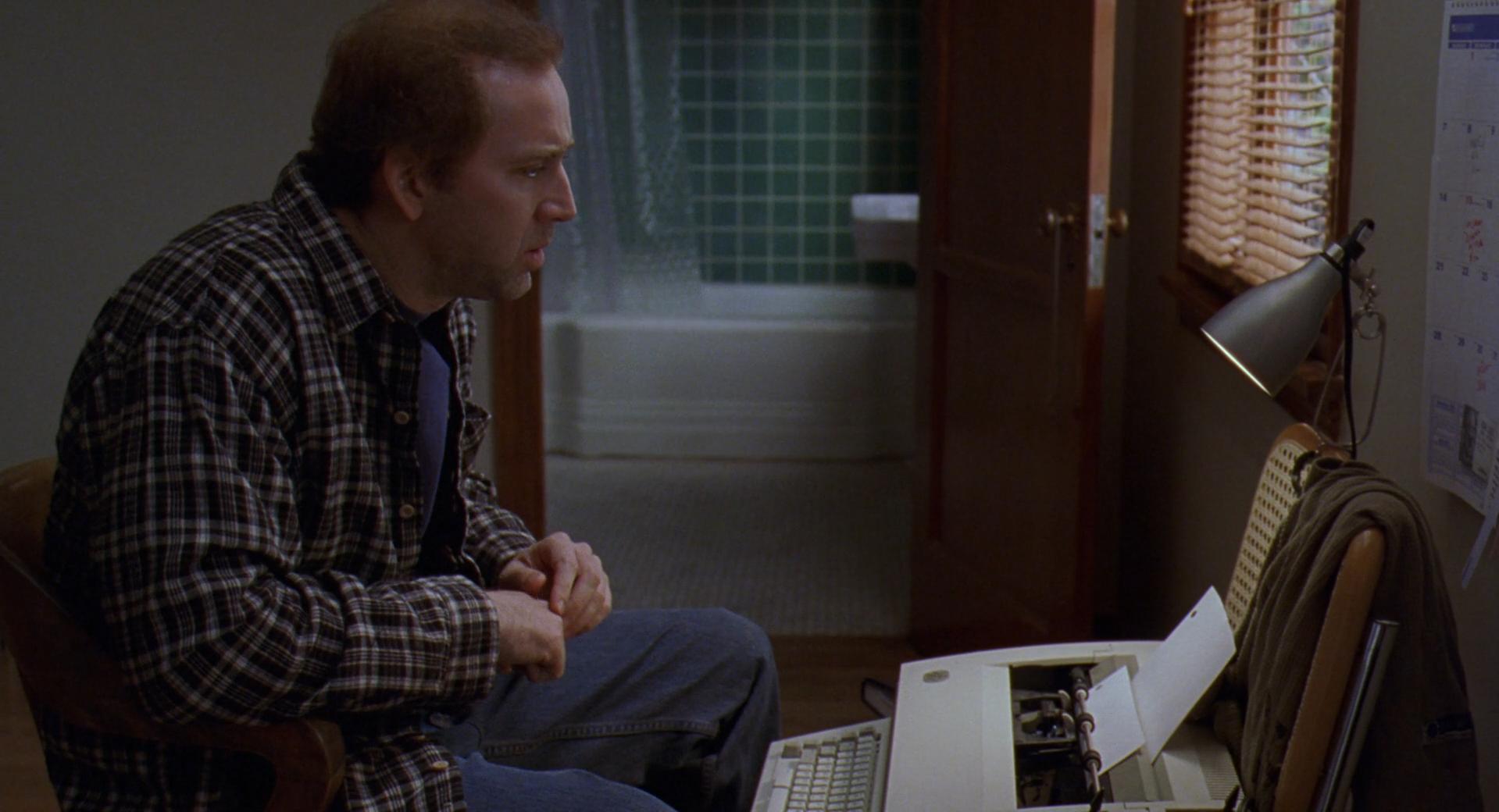No matter what genre your screenplay is written in, watching Euphoria will help you become a better screenwriter.
There's no denying that Season 2 of Euphoria is the most popular TV show in recent memory. Not since Game of Thrones has a series been so anticipated, talked about and referenced on social media.


You would think such an achievement was impossible in a society with countless streaming channels and a seemingly infinite number of TV shows for each individual to choose from. So why? Why was Euphoria able to bring viewers together in the same way that Breaking Bad, The Sopranos and Game of Thrones were capable of doing? Was it the diverse array of characters? Was it the show's stylish, harrowing exploration of Generation Z in today's world of sex, drugs, social media and mental illness?
Believe it or not, this question is too difficult for the average viewer to answer. In fact, it's a question only genuine screenwriters should know the answer to. Not only is this is a screenwriter's question to answer, but knowing the answer is absolutely critical to becoming a better screenwriter.
Understanding the true reason behind Euphoria's success is what separates good screenwriters from bad screenwriters.
Now let's get to the answer. The reason Euphoria was able to achieve such popularity and attention is simple: Cassie and Nate.

Ask anyone who watches Euphoria what they remember most about the second season and without a doubt, 10 times out of 10, you will hear the names "Cassie" and "Nate" first and foremost. You won't hear any mention of the broken romance between Rue and Jules, despite their relationship being arguably the most volatile and dynamic. You won't heart about Rue's epic relapse. You won't hear about Lexi's play that she's been preparing for the last 4 episodes. Even the horrific season finale in which Fezco's house is raided by the cops will take a backseat to the well-crafted dynamic between Cassie and Nate.
It's that simple--Cassie and Nate are among the most masterfully-written characters in today's television. As a result, they have been the driving force behind Euphoria's extraordinary appeal and success. No other character comes close--not even Rue, the protagonist of the show.

The reason is simple: Cassie and Nate were written with a strict adherence to screenwriting principles. They check all the boxes of a screenwriters to-do list when writing and developing a compelling, multi-dimensional character. To understand why, we must first define what makes a good film/TV character.
Whether you like it or not, screenwriting is an extremely rigorous and specific process of storytelling that requires discipline and an adherence to rules, so let's begin:
There are two things that every character must have in a screenplay: characterization and true character.
Characterization is the sum of all observable qualities in a human being. It's what the audience and characters within the story can identify in an individual using our five senses.
Cassie's characterization
- Pretty
- Meek
- Sweet
- Popular
- People Pleaser
- Well-dressed
- Afraid of being alone
- Traumatized by abandonment by her father
Nate's characterization
- Alpha Male
- Pure athlete
- Extremely competitive
- Popular
- Doesn't settle for less
- Hates his parents
- Narcissistic, entitled
- Unemotional
- Forceful with others
True Character is the result of an individual's choices. These choices are made when and only when the character is put under pressure. In other words, when the dust has settled and all the chaos and drama of the story has taken place, who is this character deep down inside? Is she a coward? Is she loyal, treacherous, responsible, cowardly?
Now that you understand characterization versus true character, it's no secret why Cassie and Nate are quintessential to the hyper-dramatic world of Euphoria.
The writers of Euphoria built Cassie and Nate to have their own separate romantic voids. Cassie, on one hand, yearns deeply to fill the void of abandonment by her father. Nate, on the other, needs a passionate and submissive woman who will deliver him from his toxic home life and deep personal angst. When the pressure of forbidden romance is put upon Cassie and Nate, they make the dangerous decision to hook up. But filling their voids comes with a price, and their choice puts them on an irreversible path of no return. The path not only affects them, but everyone around them, as Cassie's best friend Maddie, is also Nate's ex. Keeping her romance secret from Maddie and everyone in the school creates a mountain of unrelenting pressure that boils hotter each time until eventually, a volcano of drama erupts.
The two characters are so powerful and well-written that Cassie's sister Lexi writes a school play based around her, which serves as the season 2 climax.
By the end of season 2, Cassie and Nate are forever changed by their decisions, and we come to find that the characters we initially came to know, are nothing as they seemed. What was once sweet, popular, easygoing girl is now the type of person who would destroy every relationship in her path to succeed at romance. Meanwhile, we come to find that Nate is willing to send his father to jail, destroy his entire family, and threaten his ex-girlfriend at gunpoint, just to get his way.
When writing your screenplay, this is the level you need to go to when mapping out your characters. Your protagonist (or antagonist) should be prepared to go through the ultimate fire of their own story, and you as a screenwriter should be prepared to put them under immense, life-changing pressure in order to create the most compelling and dynamic story. Settling for anything less would be a waste of time for you and your audience.
The best way to become a better screenwriter is hard work, perseverance, and feedback from fellow screenwriters. For a better chance at improving your screenwriting, contact ScriptMother today! We offer effective feedback and a supportive writing community at no cost to you. A transparent and beneficial alternative to screenwriting scams, ScriptMother connects you to other experts dedicated to helping you become a more proficient screenwriter without the predatory fees and red tape. Improve your script the safer way by joining ScriptMother’s online community.







Add Comment
Comments
No comments have been posted